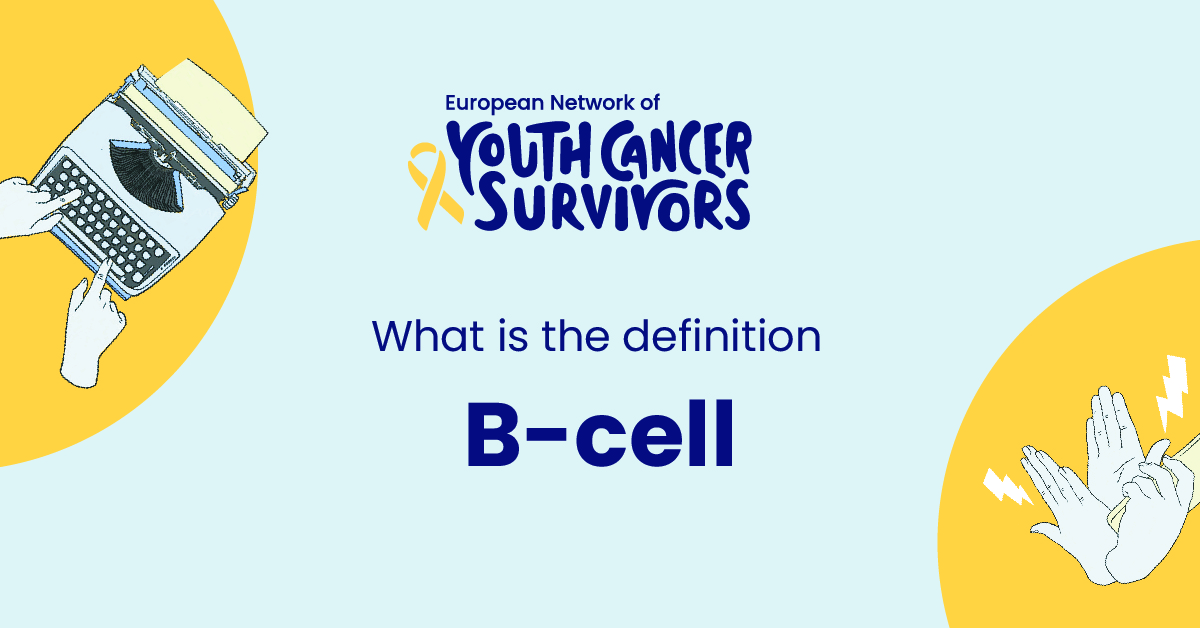
In the realm of immunology, B-cells, also known as B-lymphocytes, hold a significant position. These form an integral part of the white blood cells and play a crucial role in the immune response to foreign substances, such as bacteria and viruses, in our bodies. B-cells majorly contribute to the humoral component of the adaptive immune system by producing antibodies to neutralize pathogens.
The discovery of B-cells traces back to the 1960s with the contributions of several pioneering immunologists. Increased understanding of these cells has led to monumental advancements in health and disease management.
The Biology of B-cells
Understanding B-Cell Physiology
B-cells play a protean role in the immune system. They originate and mature in the bone marrow and then circulate in the peripheral bloodstream and secondary lymphoid tissues. In response to antigens, they generate specific antibodies.
The Lifespan and Growth of B-Cells
The lifespan of B-cells varies; some immune responses may last for decades, while others could be short-lived. While the molecular mechanism controlling their lifespan is still a topic of research, scientists have found that the growth and development of B-cells undergo several controlled stages marked by various gene expressions.
The Role of B-Cells in the Immune System
B-cells serve as the body’s defense mechanism by generating millions of different antibodies, each capable of binding to a unique antigenic determinant. Furthermore, they remember previously encountered pathogens and respond faster and more robustly when these reappear.
The Function of B-cells
How B-Cells Respond to Pathogens
When a foreign pathogen enters the body, B-cells spring into action by producing specific antibodies against the intruder, subsequently neutralizing the threat. This process forms the backbone of the humoral immune response.
The Critical Role of B-Cell Activation in Immune Response
B-cell activation is a critical step in the immune response as it prompts the production of the appropriate antibodies and memory B-cells. This activation occurs when a B-cell receptor binds to foreign antigens and presents these antigens to T-cells, facilitating a sustained immune response.
Interaction of B-Cells with other Immune Cells
B-cells interact and cooperate with other immune cells, primarily T-cells, to provide a comprehensive immune response. This interaction helps in the production of an array of cytokines, which orchestrate the immune response.
B-cell Disorders and Diseases
Common Diseases associated with B-Cells
A variety of diseases are linked with anomalies in B-cells, such as multiple sclerosis, lupus, and rheumatoid arthritis. Dysregulated B-cell responses could lead to the overproduction of self-reactive antibodies, resulting in autoimmunity.
Understanding B-Cell Lymphoma
B-cell lymphomas are types of cancer that originate in B-cells. With numerous subtypes, these are predominantly characterized by the unchecked growth and proliferation of B-cells, leading to swollen lymph nodes and other symptoms.
Significance of B-Cells in Autoimmune Diseases
While B-cells are crucial for a healthy immune system, alterations in their functions can lead to autoimmune diseases. In such scenarios, they produce autoantibodies that mistakenly target the body’s own tissues.
Get to know us better
If you are reading this, you are in the right place – we do not care who you are and what you do, press the button and follow discussions live

The Future of Cancer Treatment: Targeting B-cells
The Role of B-Cells in Cancer Research
B-cells have taken center stage in cancer research due to their dual role. On one hand, they contribute to tumour progression, and on the other, they can stimulate anti-tumour immunity. Understanding these mechanisms can lead to novel therapeutic interventions.
Recent Advances in B-Cell Therapies
Recent years have seen significant growth in understanding B-cell biology and this has propelled advancements in targeted B-cell therapies. These come in the form of monoclonal antibodies (mAbs), antibody-drug conjugates (ADCs), and chimeric antigen receptor (CAR) T-cells, all of which are redefining cancer treatment paradigms.
Clinical Trials Targeting B-Cells for Treatment
There is a growing number of clinical trials investigating the use of B-cell targeting therapies. Many of these therapies are doing exceptionally well, with some already approved for common types of B-cell lymphoma and autoimmune disorders.
Conclusion: The Significance of B-Cells in Health and disease
B-cells have a profound impact on our health. They not only defend our bodies from foreign pathogens but also serve as invaluable tools for the treatment and potentially even the cure of various diseases. The future of B-cells in therapeutic development seems promising, with researchers relentlessly working to exploit their full potential.
Frequently Asked Questions
- What makes B-cells unique in the Immune System?
B-cells are unique in their ability to produce antibodies against a virtually limitless array of antigens. They also possess the ability to remember previously encountered antigens leading to quicker and more robust responses upon reinfection.
- How are B-cells activated?
B-cells are activated when B-cell receptors recognize and bind to foreign antigens, which are then internalized and presented to T-cells, leading to the production of antibodies.
- What is the relationship between B-cells and cancer?
B-cells can both hinder and aid in tumour progression. However, they can also be prime sources of cancer, such as B-cell lymphomas. Furthermore, understanding the roles of B-cells in cancer has led to the development of cutting-edge targeted therapies.
- What are some diseases associated with B-cell dysfunctions?
B-cell dysfunctions are associated with a variety of diseases such as lupus, rheumatoid arthritis, multiple sclerosis, and B-cell lymphomas.
- How are researchers using B-cells to develop new treatments?
The understanding of B-cell biology has led to the development of targeted therapies such as mAbs, ADCs, and CAR T-cells. These hold promise in treating diseases like autoimmune disorders and cancers.

















Comments
Thank you. Comment sent for approval.
Something is wrong, try again later